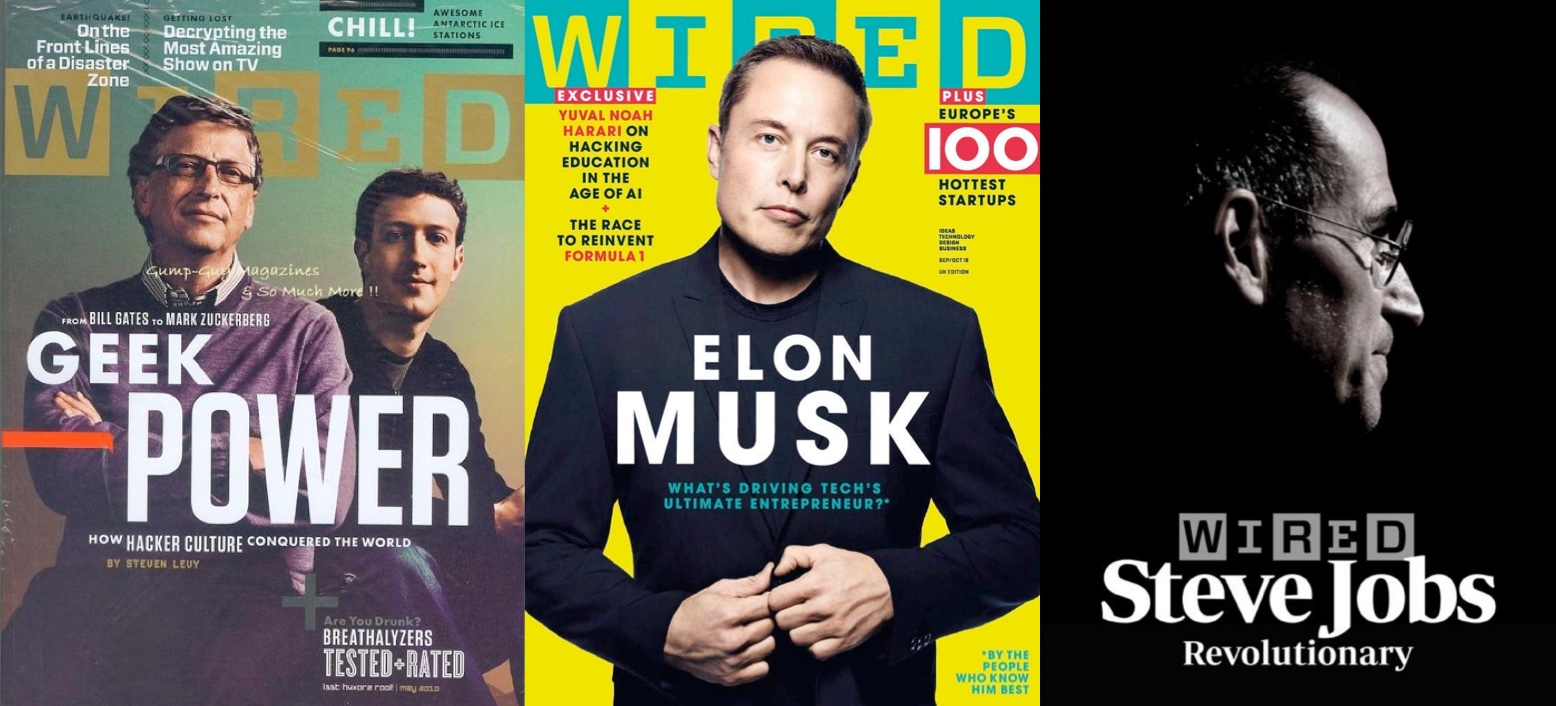It's September 10, 2019. The Steve Jobs Theater in Cupertino is packed to the brim. The crowd hushes as the lights dim, leaving only the glow of several hundred MacBooks Pro. A glossy animation titled Wonderful tools starts to play, showing off Apple products new and old.
Tim Cook runs up on stage to raucous applause. Apparently nobody in the audience has heard of Apple before, since Tim decides to now summarize their corporate philosophy and business model:
We've always believed that by giving people wonderful tools, you enable them to do wonderful things. At Apple we put the customer at the center of everything that we do, with products and technologies that are designed in the service of humanity.
Sadly, it seems humanity will have to wait — apparently Tim has some exciting new updates for the App Store. However, in this brief moment, Tim speaks for more than just Apple. "Giving people wonderful tools" has been the rallying cry of the Bay Area technology industry for the last half century. Google's claim to fame comes from how they hand out free tools like search and email. Hypertext startups work on "tools for thought". Programmers obsess over what stack of tools we're using to build our own tools. Rationalists debate over which note-taking tools best optimize productivity. Parody presentations from the TV show Silicon Valley have the same message, too: we're making the world a better place by giving people access to wonderful tools.
Tim Cook correctly says Apple has "always believed" in this. Steve Jobs wielded this ideology since Apple was first founded. This spirit helps explain why, even today, some still see Jobs as a countercultural hero — he gave wonderful tools to the world.

Someone from outside Bay Area tech culture might see our idol worship and assume it's corporate bullshit that nobody actually believes. And thankfully, it certainly seems like our industry is starting to see that the big tech companies don't particularly make the world a better place. Kickstarter voted to unionize earlier this year. Google employees, disillusioned with management, have staged several walkouts since 2018. A month ago, Facebook employees protested inflammatory Trump posts that were left up by the company. And just yesterday, Congress grilled Mark Zuckerberg, Jeff Bezos, Sundar Pichai, and Tim Cook about their companies' anticompetitive behavior.
However, as a participant in the Google walkouts myself, I saw an unasked question lingering in the air as we marched: why did we even believe in big tech companies in the first place? While hundreds of articles have been written about important problems in the tech industry, our belief in the power of tools still plays an essential and unexamined role — a belief still unquestioned by many tech communities that I frequent, even ones that are actively trying to build more ethical technology.
I've been struggling with this question on a personal level, too. I grew up in the Bay Area in a pro-technology, libertarian household: my parents attend Burning Man every year, and made sure I knew JavaScript before I could do long division. I idolized these CEOs as a child, and have been trying to understand this belief ever since then. When I critique our industry's ideology, I also seek to critique myself.
Like any good belief system, this trust in tools has widespread acceptance; it's not just the big tech companies that support it. It's common throughout both hacker culture and the older anticorporate resistance, like the Free Software Foundation or Electronic Frontier Foundation. The core assumption held by these organizations is almost the same as that espoused by Tim Cook. They tell us computing technology is a tool, and in order to promote individual freedoms, we must fight to guarantee people can access and modify these tools. Our ideology of tools acts as both our kool-aid and our antidote, creating an environment where it's almost impossible to imagine an alternative.
When we frame problems with the technology industry as "bad tools" that can be solved with "better tools", we fail to speak face-to-face with the true problems at hand and provide ideological cover for corporations to ignore broader issues surrounding the technology that they create. In this series of posts, I want to explore the limitations of this ideology, looking at flawed theories of ethical technological tools, ideas that are held back by how they primarily view computing technology as a tool. And after that, I want to ask a question of myself, Tim Cook, and the Bay Area technology industry zeitgeist I grew up with: where does this intoxicating idea of tools come from, and why do we believe so deeply in its power to reshape the world for the better?
As a programmer, I know it's tempting to work through these questions by first principles, starting with "fundamental truths" and working up via logic the best way to make ethical technology. But this doesn't work for questioning a first principle itself — the notion that computers are tools. This belief is not an absolute truth, nor is it arbitrary, and so it's not the sort of problem that can be worked out with data. Instead, to really dig into this ideology, we have to critically look back at its roots — the history of technology, design, and counterculture in the Bay Area.
Did the Lord say that machines ought to take the place of livin'?
And what's a substitute for bread and beans? I ain't seen it!
Do engines get rewarded for their steam?
— Johnny Cash, The Legend of John Henry's Hammer
You're reading Five Decades of Access to Tools, a four-part blog series.
Introduction (you are here)
Part 2: Coming Soon
